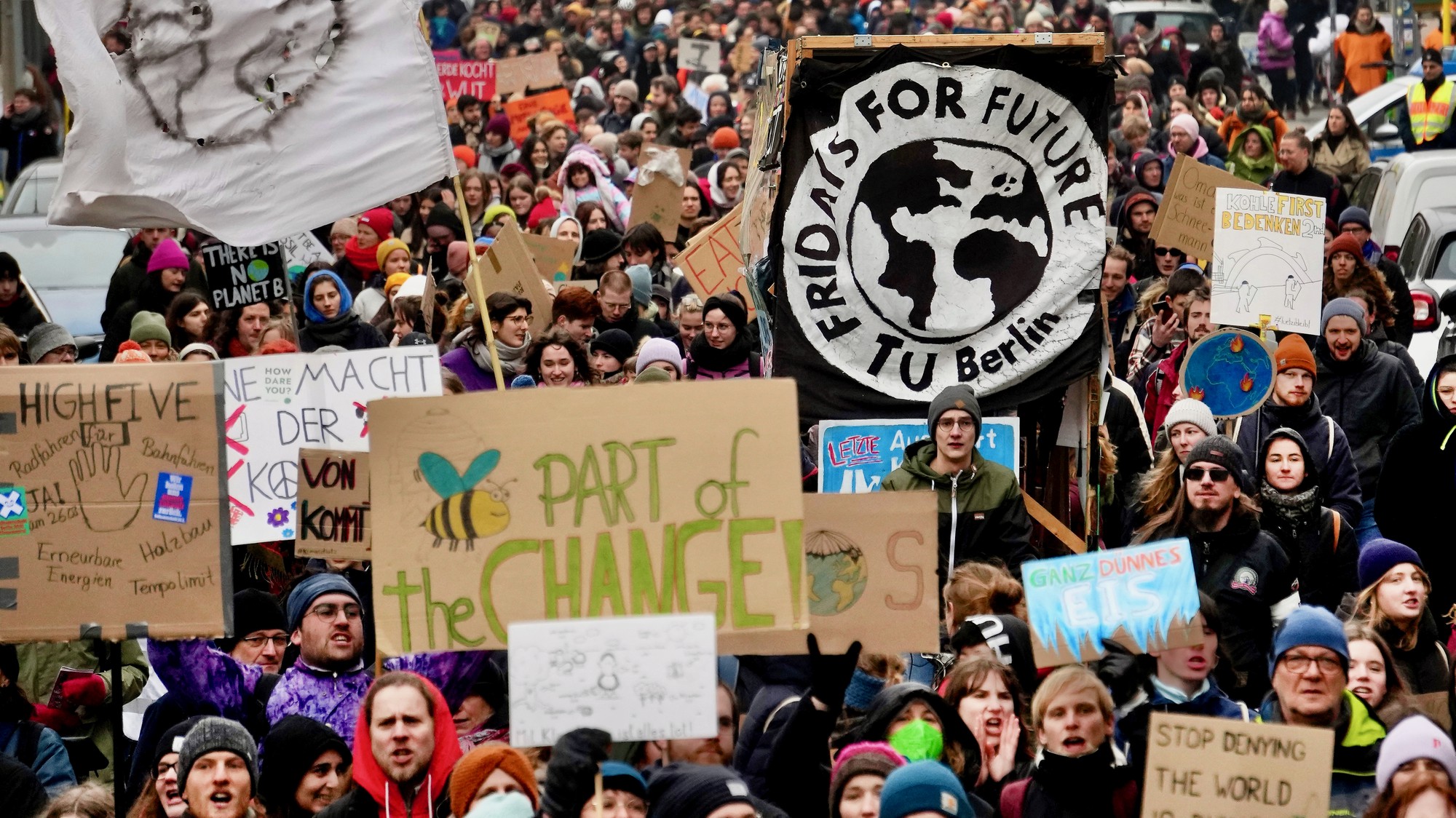Humanity’s window of opportunity to ensure a livable and sustainable future is rapidly closing, the United Nations’ International Panel on Climate Change (IPCC) announced.
“The choices and actions implemented in this decade will have impacts now and for thousands of years,” the IPCC said in its synthesis report released March 20.
Further increases in global warming mean it’s more likely that we could trigger abrupt and even irreversible changes in the global climate system, the report said.
“As warming levels increase, so do the risks of species extinction or irreversible loss of biodiversity in ecosystems including forests, coral reefs and in Arctic regions,” the report said.
Nearly half of the cumulative carbon dioxide emissions occurred in a little more than one century, between 1900 and 2019, the report said.
Atmospheric carbon dioxide concentrations in 2019 were higher than at any time in at least two million years, according to the report.
The IPCC synthesis report is the final part of the sixth assessment report. It brought together three working groups which studied the physical science basis, mitigation of climate change, as well as impacts, adaptation and vulnerability.
The next assessment report is unlikely to conclude before 2030, according to a UN blog post.
This means it may be the last report before the planet reaches an average global temperature rise of 1.5 C, a threshold many countries have pledged not to cross.
The 2015 Paris agreement stated the overarching goal is to hold the increase in the global average temperature to well below 2 C above pre-industrial levels, and try to limit temperature increase to 1.5 C.
The report said there is a 50 per cent chance the room for limiting warming below 1.5 C would almost be exhausted between 2020 and 2030, if annual carbon emissions stay on average the same at the 2019 levels.
The report also said future emissions from fossil fuel infrastructure currently in place already exceed the remaining budget to keep temperature increase under 1.5 C, if no changes are made.
The report said for any future warming levels, many climate-related risks are higher in the current assessment than when studied in the fifth report, released nearly a decade ago in 2014.
The projections for long-terms impacts are multiple times higher than current observations, the report said.
“Climatic and non-climatic risks will increasingly interact, creating compound and cascading risks that are more complex and difficult to manage,” the report said.

